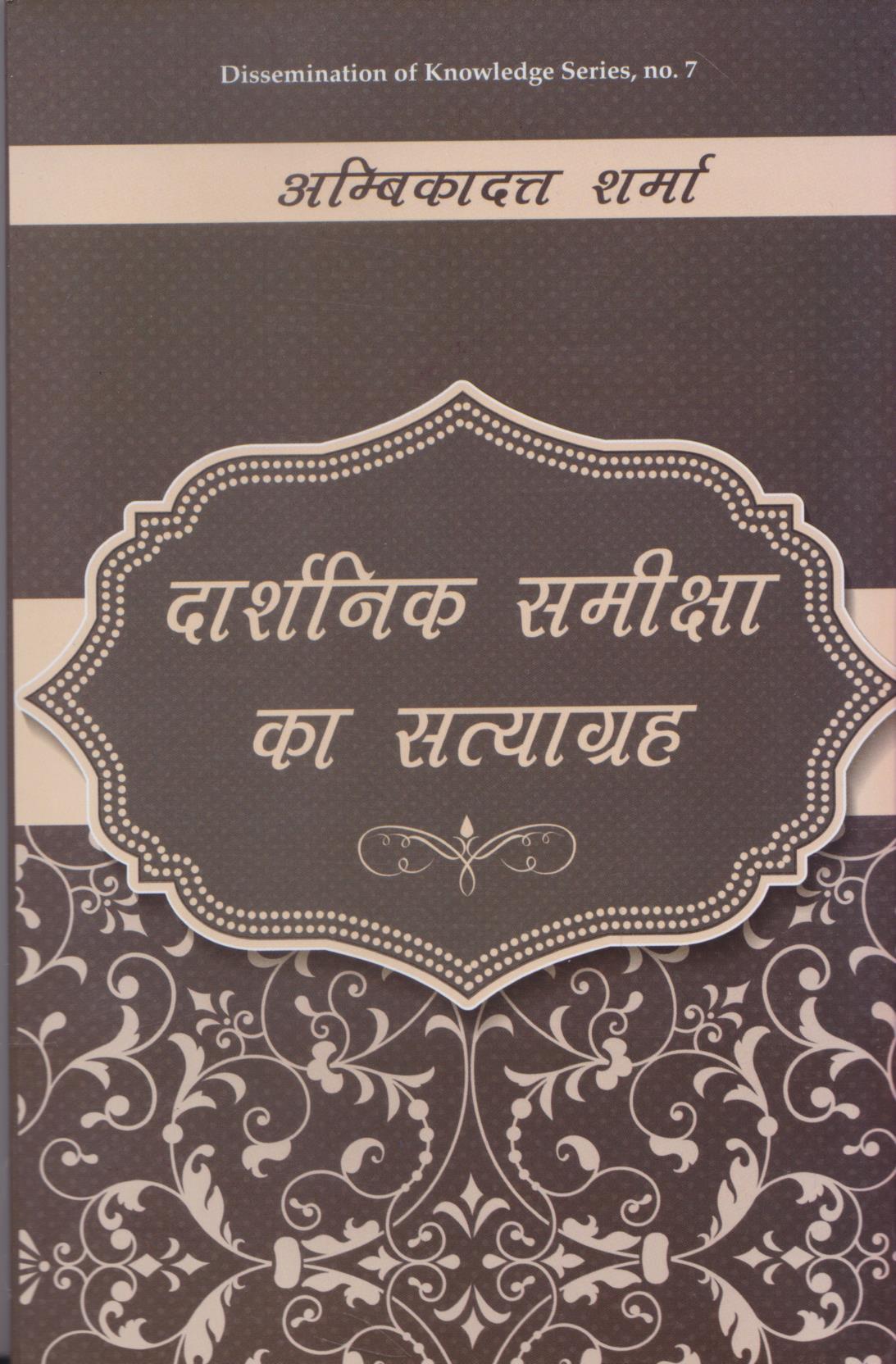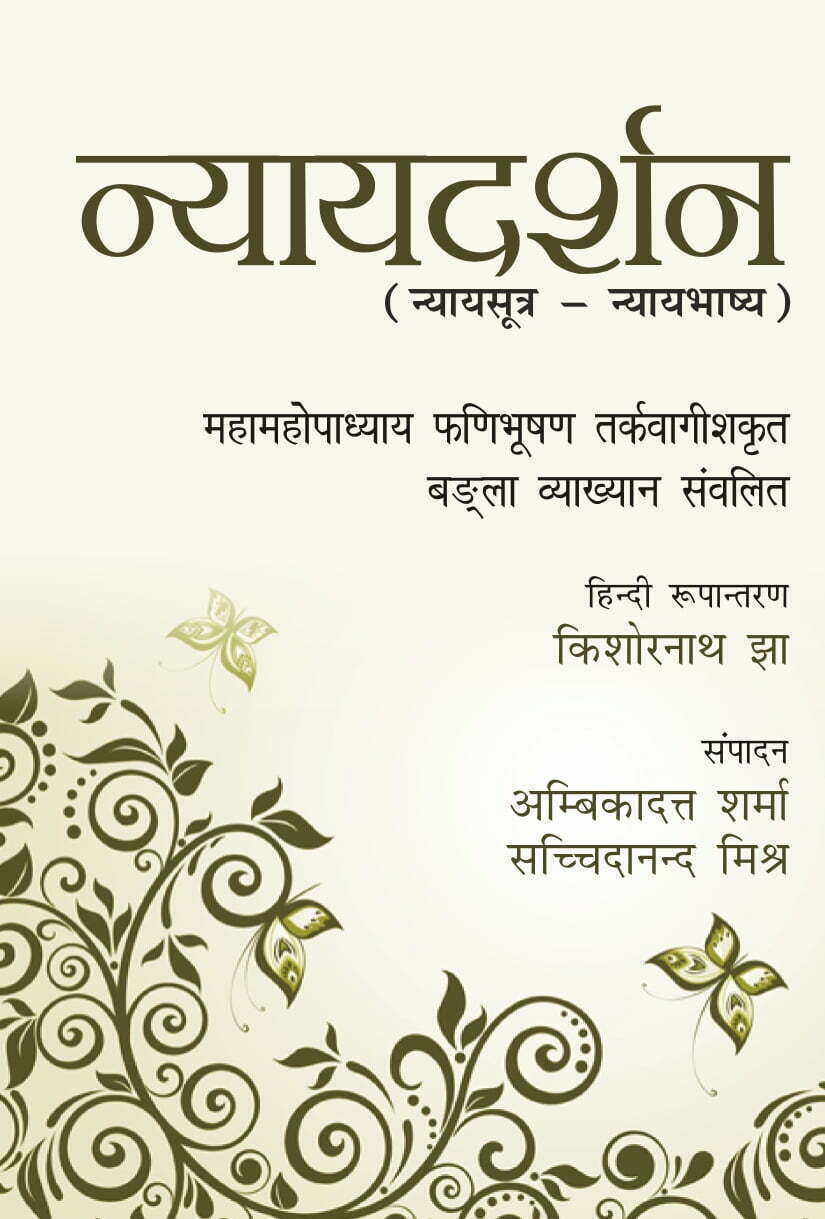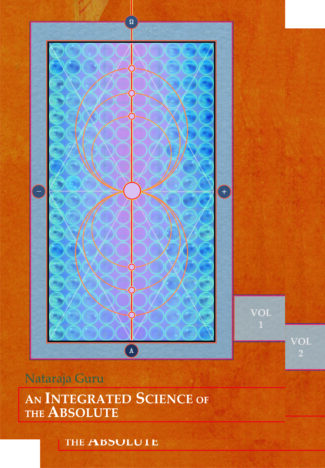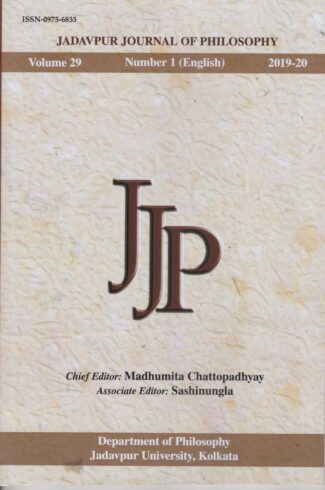-
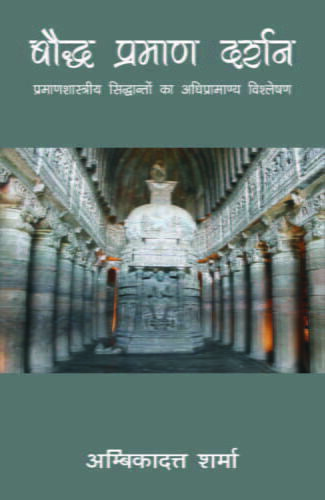

Baudha Pramana Darsh...
Baudha Pramana Darshan
by: Ambika Datta SharmaMaking the basic doctrines of Buddhist epistemology the fundamental point of reference, this treatise attempts have been made to demonstrate that how Indian epistemological intellection/thinking keeps metaphysics in itself as a bequest, and in its expanding/enlarging form it persistently expresses the metaphysical divisions.
₹720.00
ISBN: 9788124608708
Year Of Publication: 2017
Edition: 1st Edition
Pages : xxiv, 225
Bibliographic Details : Bibliography; Index
Language : Hindi
Binding : Hardcover
Publisher: D.K. Printworld Pvt. Ltd.
Size: 23
Weight: 500
In Indian tradition of knowledge, the historical advancement of epistemological intellection/thinking flourished through five alternative points of departure, where the first belongs to Maharshi Gautama, who showing priority of epistemology over metaphysics, proposes a constructive model of epistemology. In opposition to this universally acceptable postulation of Maharshi Gautama, three refutative points of departure of epistemological critique of Nagarjuna, Sri Harsha and Jayarasi Bhatta progressed. These three attain their cognitive termination either in the severance of the priority and the position of episteme or in the deconstruction of epistemology. The fifth point of departure evolves from Tarka Pungava Dinnaga, which, parallel to Gautamas exposition and as an option of substitution to Nagarjunas epistemic displacement, presents a reconstructive model of metaphysical epistemology.
In this treatise, an effort has been made to understand the foundational structure of the aforementioned Bauddha Prasthan through certain basic principles, which happen to be the deciding factors/determinative agents in respect of dissensions relating to the matter and corollary, features, and a number of episteme and alternative approaches. From the espoused system of analysis and explication for the purpose, the meta-epistemic dimension of epistemological intellection/thinking of Indian philosophy gets revealed. In fact, it is in this dimension, the optional feature of epistemological doctrines can be recognized to know further that why any epistemological assessment/appraisal is like this?, why isnt it different? In this way, making the basic doctrines of Buddhist epistemology the fundamental point of reference, this treatise attempts have been made to demonstrate that how Indian epistemological intellection/thinking keeps metaphysics in itself as a bequest, and in its expanding/enlarging form it persistently expresses the metaphysical divisions.


